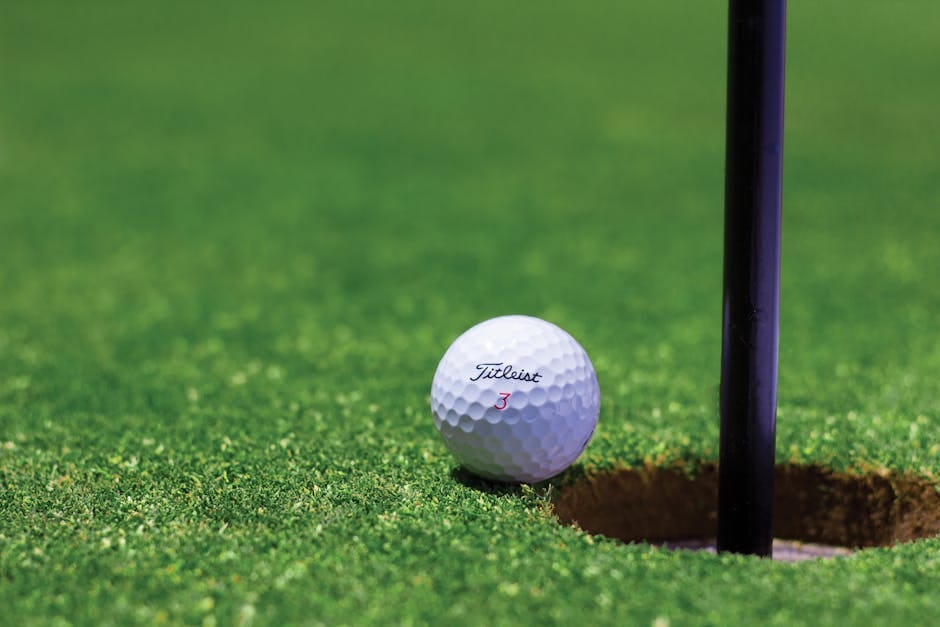For the avid golfer, the golf club is an indispensable tool that connects them to the game. It is a precision instrument that can influence every aspect of a shot, from distance to accuracy. In this blog post, we delve into the hidden world of golf clubs, exploring their intricate designs and how they can enhance your game.
Golf clubs are meticulously crafted to perform specific tasks. Each type of club is designed for a particular shot, distance, and trajectory. The most common types of clubs include:
* **Driver:** The longest club in the bag, used for maximum distance off the tee.
* **Fairway Wood:** A versatile club that can be used for long approach shots or hitting out of the rough.
* **Hybrid:** A combination of a wood and an iron, offering a blend of distance and accuracy.
* **Irons:** Clubs numbered 3 through 9, designed for progressively shorter and more precise shots.
* **Wedges:** Specialized clubs used for chipping, pitching, and sand shots.
* **Putter:** Used for rolling the ball into the hole on the greens.
The choice of golf club depends on several factors, including the distance to the target, the lie of the ball, and the wind conditions. Skilled golfers develop an understanding of which clubs to use in different situations to optimize their performance.
The design of a golf club is a marvel of engineering. The clubhead is typically made from metal or composite materials and features a curved face that imparts spin and direction to the ball. The shaft is made of graphite or steel and provides flexibility and control. The grip, usually made of rubber or leather, helps the golfer hold the club securely and comfortably.
The weight, balance, and flex of a golf club can significantly impact a player's swing. Heavier clubs tend to produce more power, while lighter clubs are easier to swing and control. The balance point of a club affects its feel and stability during the swing. Flex refers to the amount of bend in the shaft, which influences how the ball reacts after impact.
Selecting the right golf clubs for your game is crucial. It is recommended to consult with a golf professional who can assess your swing and recommend clubs that suit your specific needs. Proper fitting ensures that the clubs are the correct length, lie angle, and weight for your height and swing mechanics.
Caring for your golf clubs is essential to maintain their performance and lifespan. Regular cleaning, including the clubhead, shaft, and grip, helps prevent rust and dirt buildup. It is also advisable to store your clubs in a dry and protected environment when not in use.
In conclusion, the golf club is a fascinating and complex tool that plays a pivotal role in the game. By understanding the different types of clubs, their design, and proper selection, golfers can elevate their skills and maximize their enjoyment on the course. Whether you are a seasoned veteran or a novice just starting out, investing in quality golf clubs can significantly enhance your golf experience.

